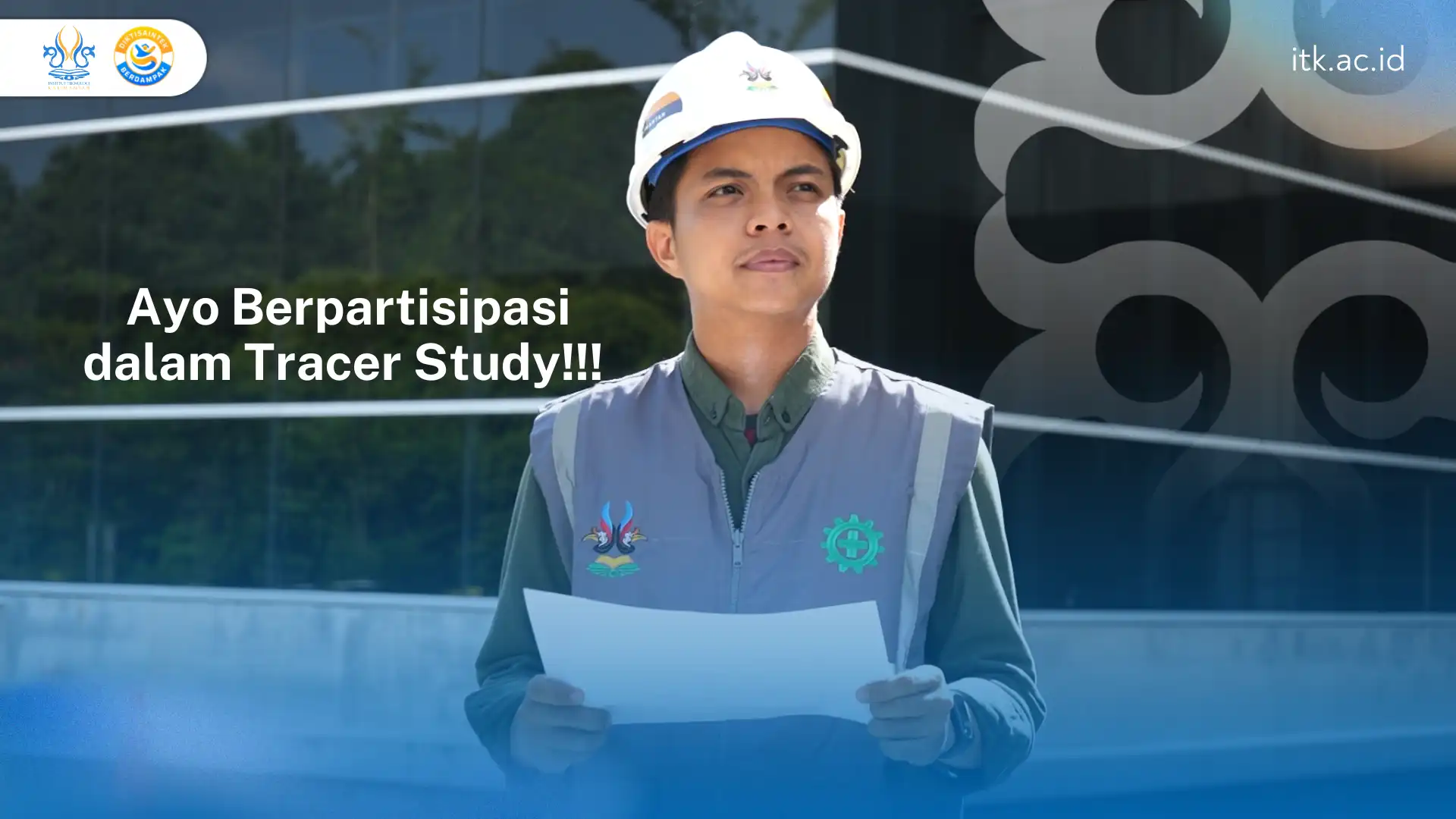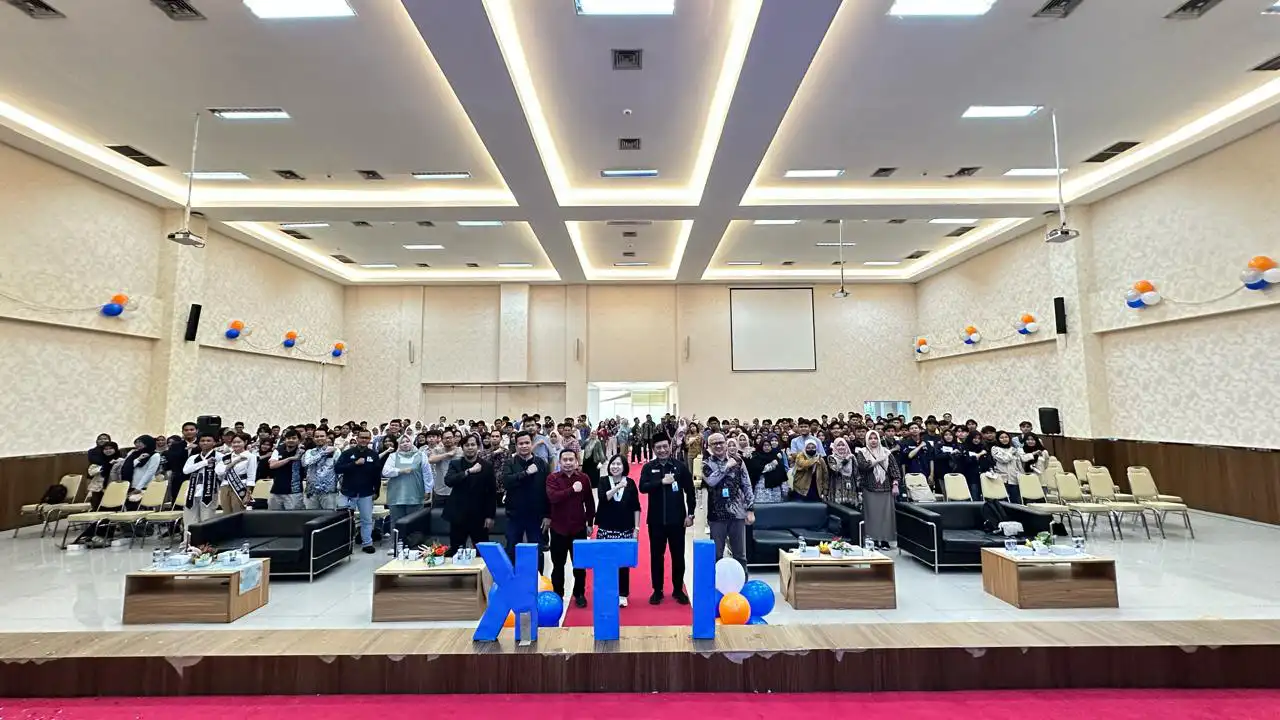Detail Berita
Collaboration and Real Action: Universities as Drivers of Change through "Diktisaintek Berdampak"
.webp)
Isi Artikel
In commemoration of National Education Day (Hardiknas), the Ministry of Higher Education, Science, and Technology (Kemdiktisaintek) officially launched a transformational initiative titled "Diktisaintek Berdampak". This program marks a new policy direction in Indonesia’s higher education and research landscape, emphasizing collaboration, real action, and tangible societal benefits.
More than just a program, Diktisaintek Berdampak is a national movement that places universities as centers of solution, students as agents of change, and research as a key driver of strategic policy. The goal is to address current and future challenges as Indonesia moves toward its Golden Vision 2045.
The Four Pillars of Diktisaintek Berdampak
- Strengthening Excellent Human Resources
Through scholarship programs like KIP Kuliah, mentorships for underdeveloped regions, student impact initiatives, and the implementation of impactful science and technology. - Research Hubs and Strategic Policy Accelerators
Including priority research assignments to university consortiums, thematic centers of excellence, science communication, and impactful research development. - Universities as Economic Growth Hubs
This integrates the first two pillars and is supported by funding transformation, ecosystem strengthening, and the empowerment of vocational universities. - Expansion of Autonomy to Universities
Delegation of authority in governance, budgeting, and innovation management, empowering universities to be more responsive and adaptive.
These pillars support the national priorities set by the President, including food, energy, and water security; the advancement of science, technology, and digitalization; gender equality and protection of vulnerable groups; environmental sustainability; and the industrialization of natural and maritime resources to drive equitable job creation.
Core Values of Impactful Higher Education and Science
- Focus on outcomes and real-world impact
- Research and innovation that solve real problems
- Utilization of science and technology for socio-ecological solutions
- Increased community welfare through downstreaming and partnerships
- Measurable and accountable impact evaluation
Flagship Initiative: The Impactful Research Program
A key component of Diktisaintek Berdampak is the Impactful Research Program, which focuses on:
- Research and Community Engagement, including programs such as Student Creativity Program (PKM), Kosa Bangsa, and University Centers of Excellence (PUIPT)
- Development of Science and Technology Parks, serving as incubators for startups and centers of innovation
- University Research Grants, which support programs such as Academic Leader Research, Graduate Research, Young Scientist Competitions, and international collaborations
This program aims to strengthen cross-sectoral involvement of universities in addressing real challenges, enhance research commercialization, and accelerate innovation-based development.
Findings from 3T (Remote, Outermost, and Disadvantaged) Universities
Feedback from universities in remote regions highlights recurring issues around economic access, income disparity, and limited education budgets. These concerns reinforce the urgency and relevance of Diktisaintek Berdampak in closing the education and innovation gap.
How Does It Differ from "Kampus Merdeka"?
While Diktisaintek Berdampak is rooted in the spirit of Kampus Merdeka, it presents a different focus and approach.
The main focus of Kampus Merdeka is providing students the freedom to explore various learning experiences. In contrast, Diktisaintek Berdampak focuses on amplifying the contribution of universities to society.
The objective of Kampus Merdeka is to produce job-ready graduates. Meanwhile, Diktisaintek Berdampak aims to position universities as centers of innovation and social solutions.
In terms of learning methods, Kampus Merdeka promotes learning freedom across and outside the campus environment. On the other hand, Diktisaintek Berdampak emphasizes action-oriented learning, where students and lecturers apply their knowledge directly to address community issues.
In collaboration, Kampus Merdeka focuses primarily on partnerships with industry. Diktisaintek Berdampak broadens the scope by collaborating not only with industry but also with government, communities, and research institutions.
When it comes to measuring impact, Kampus Merdeka evaluates the readiness of graduates to enter the workforce. Diktisaintek Berdampak, however, assesses the university’s direct contributions to solving societal problems.
The role of universities also differs. In Kampus Merdeka, universities act as institutions that provide quality education. In Diktisaintek Berdampak, they serve as centers of innovation and societal transformation.
Lastly, the long-term vision of Kampus Merdeka is to prepare competitive graduates. Diktisaintek Berdampak envisions building universities that actively contribute to realizing the Golden Indonesia 2045 vision through impactful, community-driven solutions.
Featured Programs of Diktisaintek Berdampak
- PPK Ormawa
Encourages students to work directly in communities, build villages, support local enterprises, and implement localized solutions. - Impactful Internship
Provides students with real-world work experience while making meaningful contributions to host organizations. - P2MW (Student Entrepreneur Development Program)
Supports student-led startups that are driven by innovation and technology. - PKM (Student Creativity Program)
Promotes research-based student innovation, showcased in national scientific events such as PIMNAS.
Diktisaintek Berdampak represents a renewed vision of higher education in Indonesia—not only to produce outstanding graduates but also to deliver real, measurable impact to society. With a strong foundation in collaboration, action, and innovation, universities are now positioned to become active contributors and catalysts for national progress toward 2045.
Isi Artikel
Berita Terpopuler
Research and Community Service
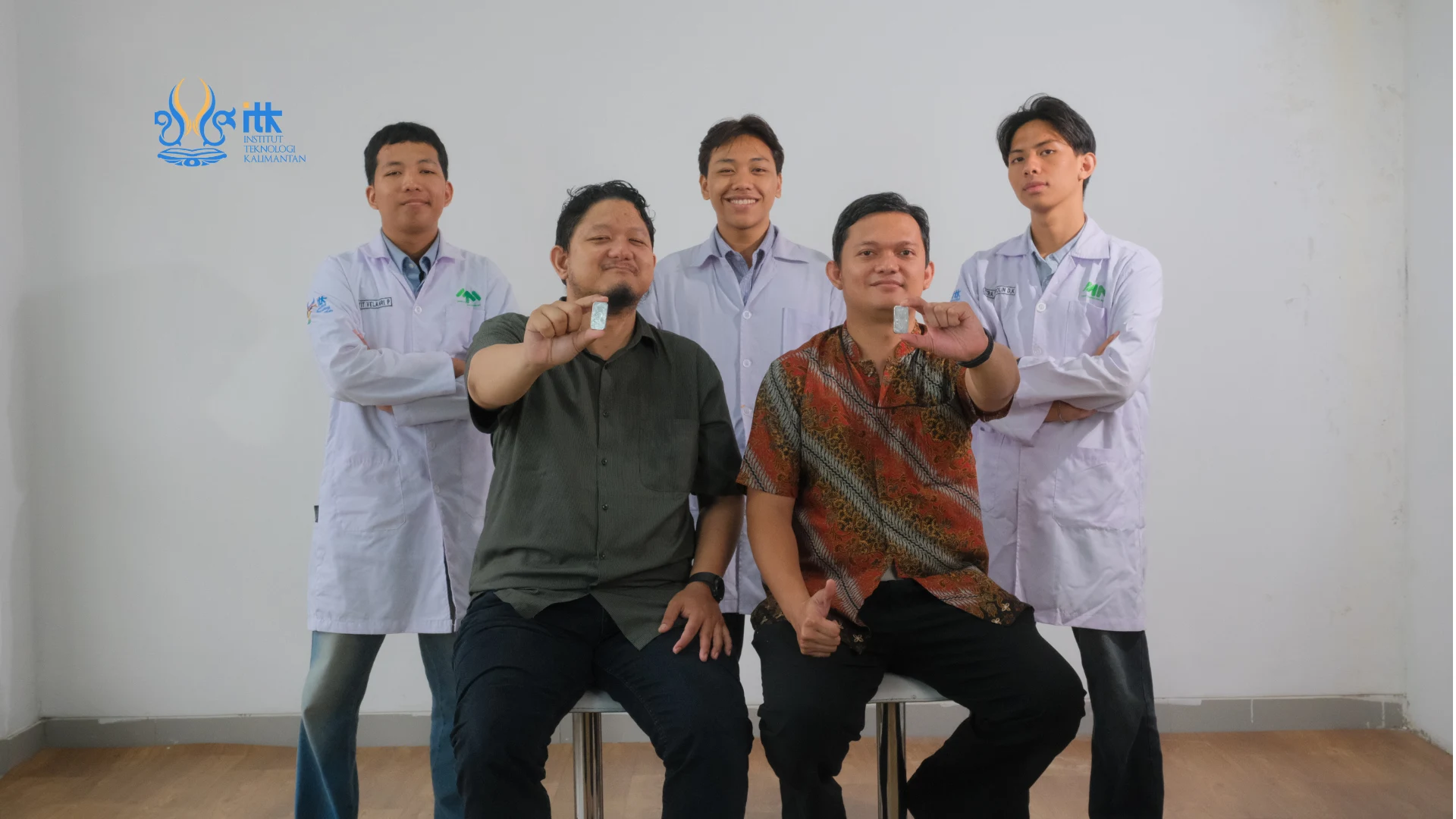
Tags
Education DIKTISAINTEKBERDAMPAK Institut Teknologi KalimantanTags
Education DIKTISAINTEKBERDAMPAK Institut Teknologi KalimantanBerita Terpopuler
Research and Community Service

Berita Terbaru
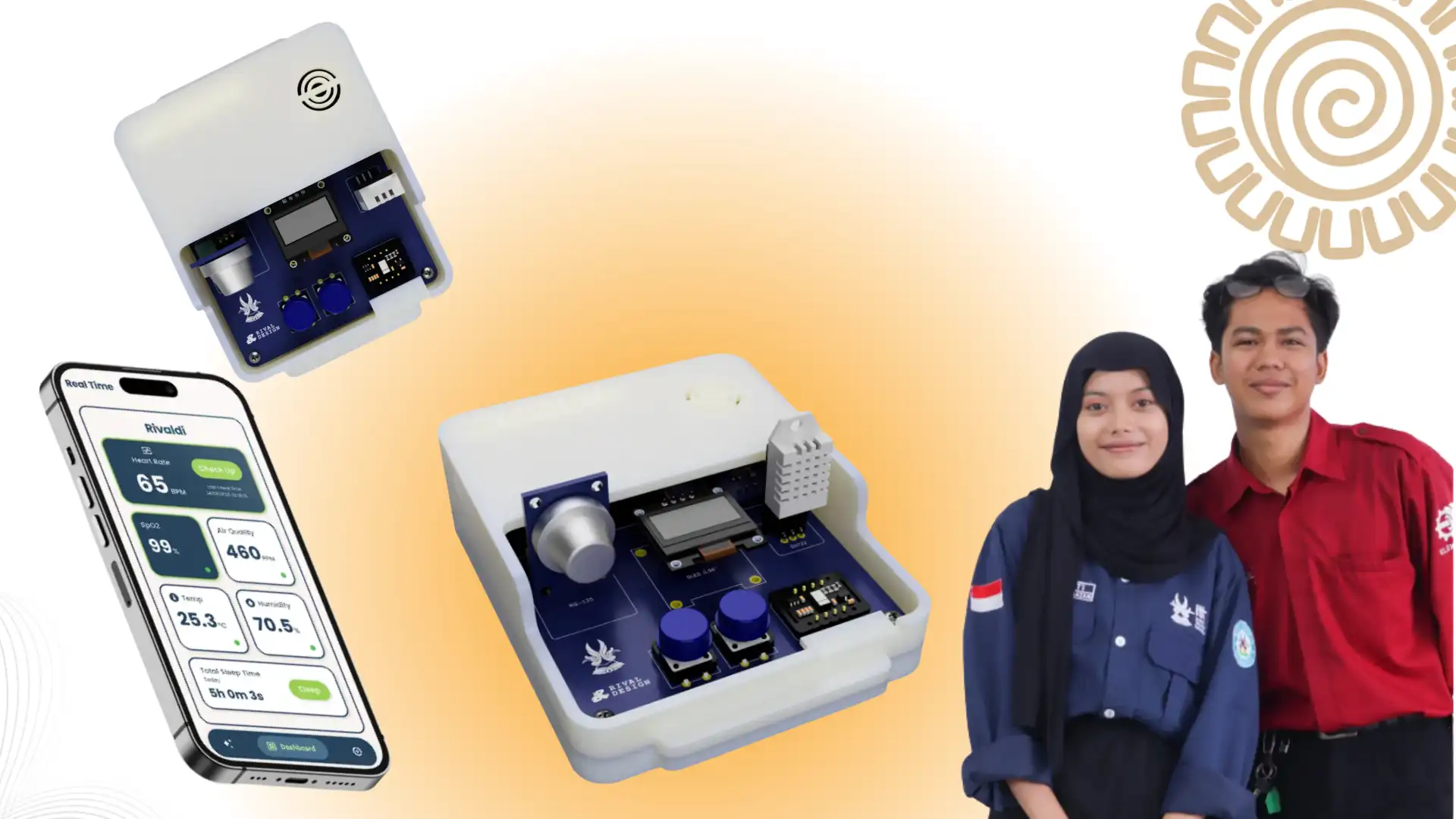 Achievement
Achievement
MEDISENSE Achieves National Semi-Finalist Award at BENMAX: AI and IoT Innovations for Student Health
AI and IoT Innovation for Health by ITK Students
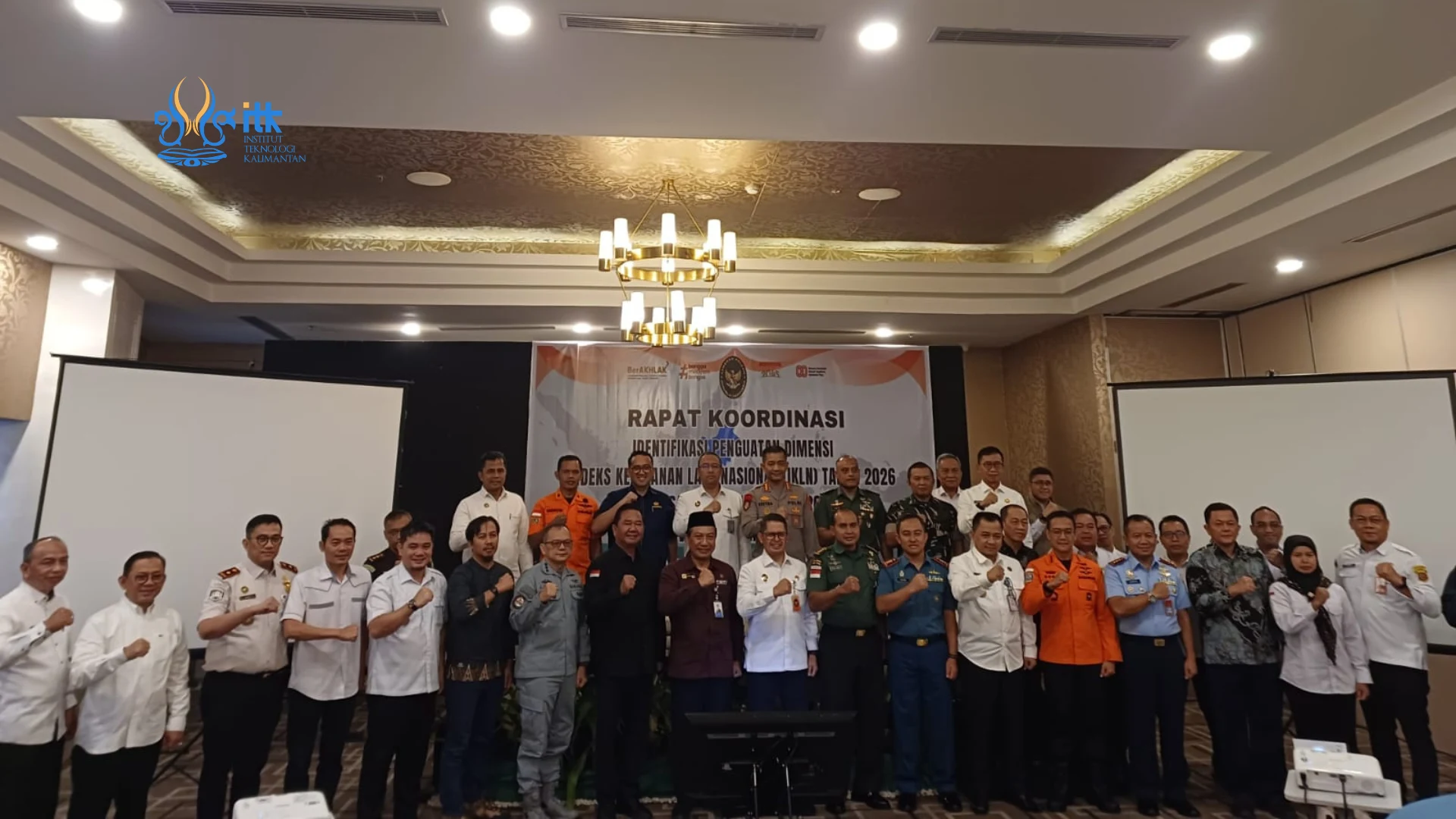 News
News
ITK Strengthens Its Strategic Role in Supporting IKLN 2026 in East Kalimantan
Institut Teknologi Kalimantan (ITK) reaffirmed its commitment to strengthening the 2026 National Maritime Security Index (IKLN) through cross-sector collaboration and enhanced Blue Economy research to improve security in ALKI II, East Kalimantan.
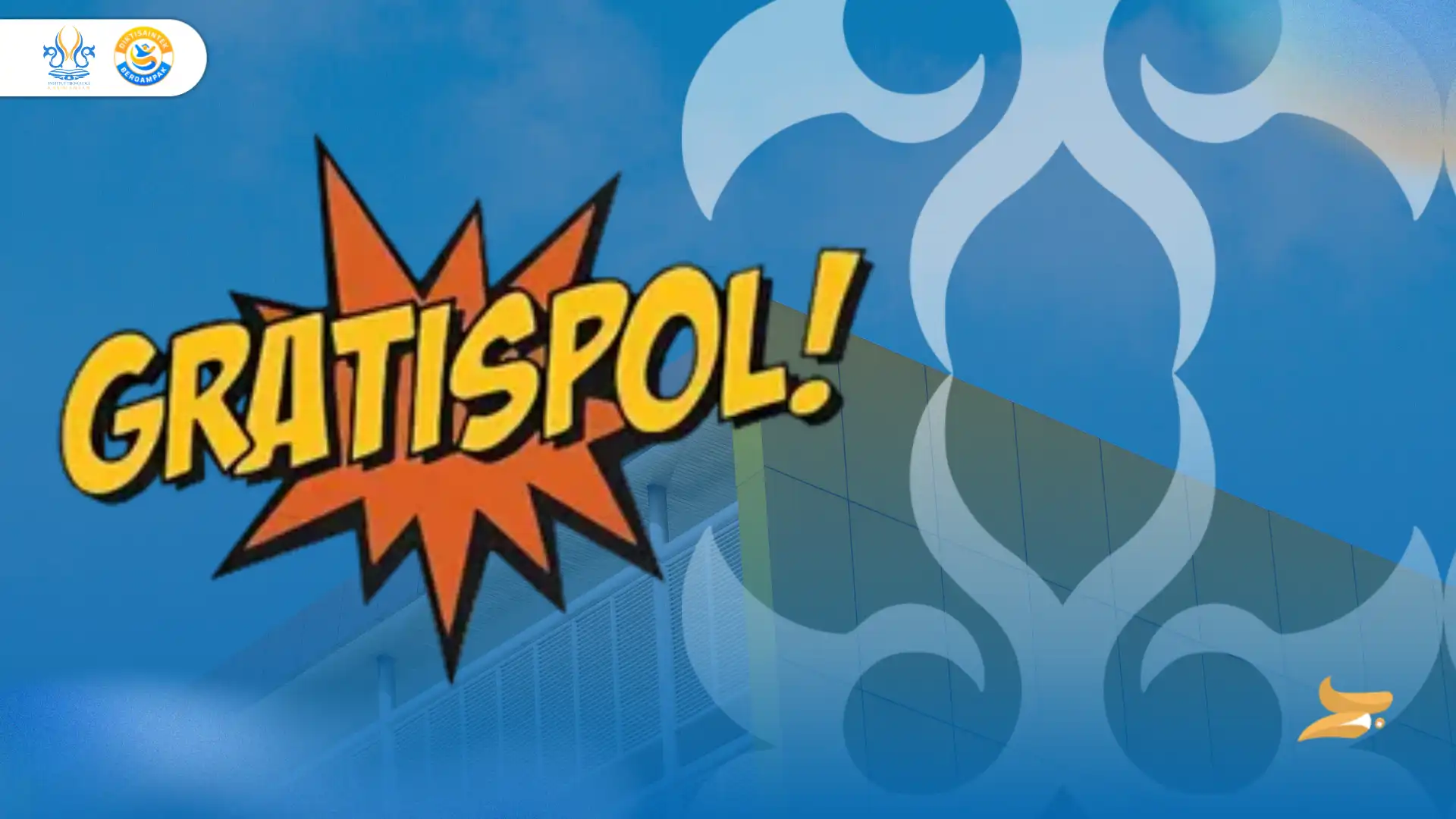 Scholarship
Scholarship
Announcement of Gratispol Program Phase 1 Recipients for Students of the 2022–2024 Cohorts
Announcement of Gratispol Program
